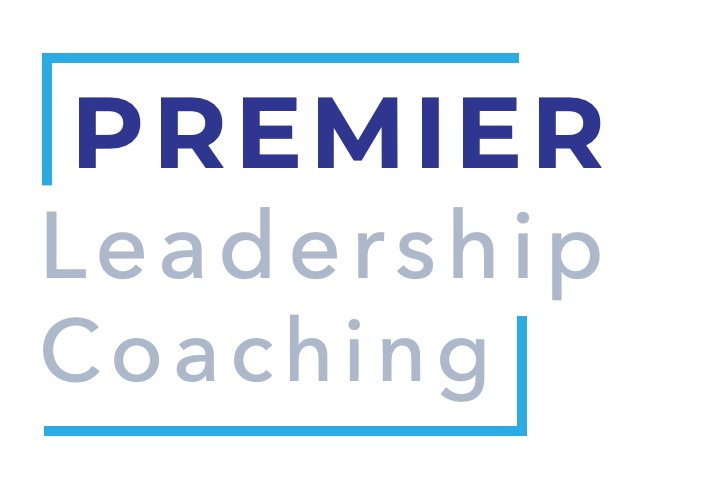Outstanding performers have at least one thing in common. They are all Zen masters with regard to certain behaviors. This is great news for those of us interested in getting better at what we do. It means that we don’t need to reinvent the wheel. We already have been provided with a framework for our own improvement. In other words, if you want to be outstanding but aren’t quite there yet, look to those who are. Develop the skills outstanding performers already have developed.
While the particular combination varies, all outstanding performers possess a mixture of eighteen specific behaviors. Over time, we will explore strategies to develop all of these behaviors. However, today we begin with Adaptability.
Adaptable people are able to conform to new or different conditions. Those who have achieved success at the highest levels exhibit this quality. They are flexible when handling change. They are comfortable changing strategy.
My friend and colleague Kim Martin Korda recently told me that being able to “flex” and understand others is our responsibility. Karen-Kimsey-House has said that the person with the most flexibility may seem weak but is really strong. Richard Carlson in Don’t Sweat the Small Stuff, and It’s All Small Stuff tells us that “… inflexibility creates an enormous amount of inner stress and is often irritating and insensitive to other people.”
If this is true, why do we focus our energy on bending others to our will? We continue to have the same conversation over and over hoping that this time the person across the table will “get it.” Why don’t we modify our delivery instead? Why is it the other person’s responsibility to decipher our thoughts? They belong to us after all. Shouldn’t we be the ones to express them accurately?
How many times have we tried to fit a square peg into a round hole? We waste time trying to get our team excited about an idea that does not interest them. We attempt to get them to adopt our way of doing things. I wonder what we would gain by discussing the feasibility of their approach. How about harnessing the energy of the many instead of imposing the ideas of a single individual?
Whether we recognize it or not, a “my way or the highway” approach is shortsighted and self-limiting. The next time you are confronted with a situation where someone needs to bend, let it be you. Back away from your position, be the one to compromise, give it a shot, experiment, or go with the flow.
Lao Tzu was right when almost three thousand years ago he philosophized that “nothing in the world is more flexible and yielding than water. Yet when it attacks the firm and the strong, none can withstand it, because they have no way to change it. So the flexible overcome the adamant, the yielding overcome the forceful. Everyone knows this, but no one can do it.” Three thousand years has been long enough. It is time for us to be like water.
